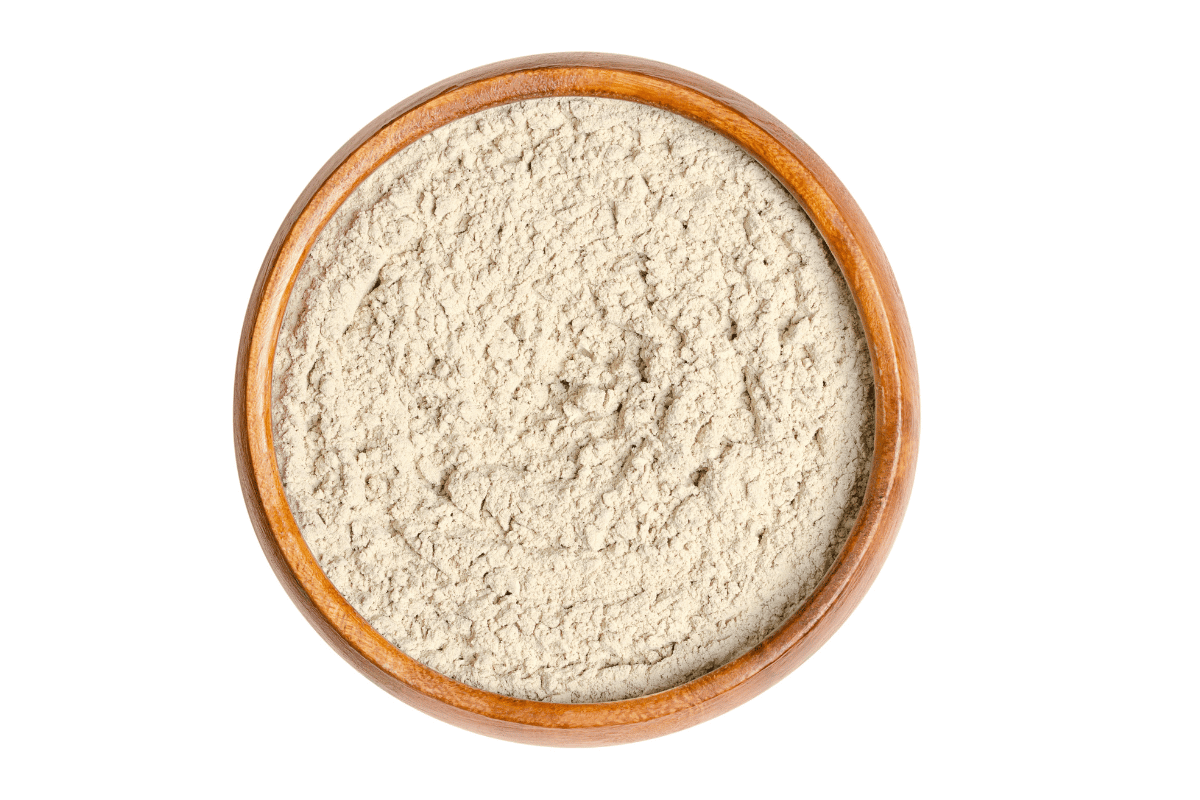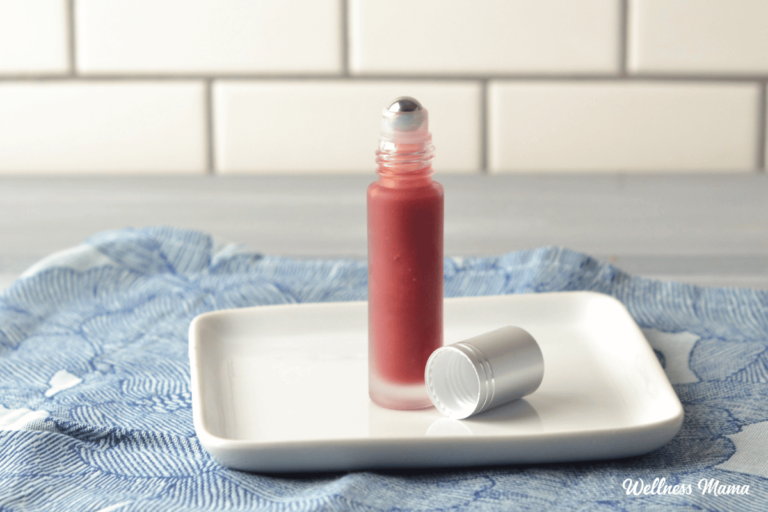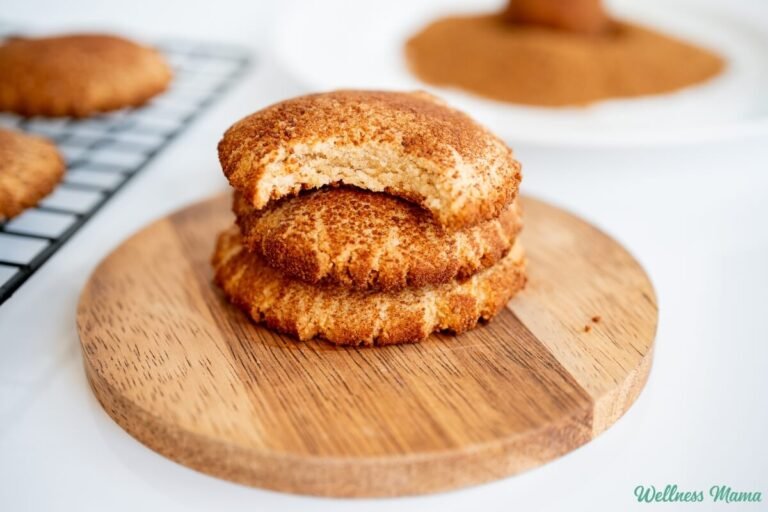
Bentonite clay, also known as montmorillonite clay, is a healing clay derived from volcanic ash. It has been used for centuries for its various health benefits, both internally and externally. While it is commonly used in skincare products and as a natural remedy for skin conditions like poison ivy and dermatitis, bentonite clay is also gaining popularity for its internal use. In this article, we will explore the health benefits of using bentonite clay internally, potential side effects, and how to incorporate it into your daily routine.
Health Benefits of Bentonite Clay When Used Internally
There are two main types of bentonite clay: sodium bentonite and calcium bentonite. Sodium bentonite clay is highly absorbent and is commonly used in farming and industry due to its ability to retain water and create a seal. On the other hand, calcium bentonite clay is the type of clay most often used for its health benefits.
Bentonite clay is rich in minerals such as calcium, magnesium, silica, copper, iron, sodium, and potassium. When dissolved in water, these minerals produce a strong electrical charge. Due to its negative charge, bentonite clay attracts substances with a positive charge through a process called “adsorption.” This makes it effective at binding toxins like pesticides, molds, and other impurities, which is why it is a common ingredient in toothpaste, face masks, and skincare products.
When used internally, bentonite clay may help with detoxification by binding to toxins in the body. For example, it has been shown to bind to aflatoxins, toxic compounds produced by certain molds, as well as pesticides and heavy metals like lead, copper, and cadmium. While bentonite clay can be a helpful part of a detox plan, it is important to remember that it is just one piece of the puzzle for reducing toxin exposure.
In addition to its detoxifying properties, bentonite clay may also help with digestive issues like constipation-dominant IBS. When ingested, bentonite clay swells and forms a gel-like substance in the intestines, stimulating intestinal muscles and promoting peristalsis. This can help move waste through the intestines more easily and support gut health.
Furthermore, bentonite clay can be soothing for stomach ulcers when ingested. It forms a protective coating in the stomach, protecting ulcerated areas from further irritation by stomach acid, reducing inflammation, and promoting healing. Some people have reported improvement in their ulcers after using bentonite clay internally.
While improving gut health with bentonite clay may not directly benefit the skin, it can indirectly lead to clearer skin. Digestive issues and toxin buildup in the body can contribute to skin problems like acne and eczema, so addressing these issues internally can have positive effects on the skin.
Potential Side Effects of Internal Bentonite Clay
Despite its numerous health benefits, bentonite clay may cause side effects in certain individuals, especially if not used properly. Some potential side effects and concerns to be aware of include:
– Constipation: Bentonite clay can absorb water in the digestive tract, leading to constipation if not taken with enough water.
– Other Digestive Distress: Some people may experience gas, bloating, abdominal pain, and diarrhea when taking bentonite clay internally.
– Nutrient Deficiencies: Excess consumption of bentonite clay can bind to vitamins and minerals in the digestive tract, potentially leading to nutrient deficiencies over time.
– Heavy Metal Contamination: Some bentonite clay products may contain trace amounts of heavy metals like lead, arsenic, and mercury, which can be harmful if ingested.
To minimize the risks of side effects, it is important to use food-grade bentonite clay and follow recommended dosages when taking it internally.
How to Take Bentonite Clay Internally
Incorporating bentonite clay into your daily routine is simple and easy. A typical dose is ½ to 1 teaspoon of bentonite clay powder mixed in 1 cup of water, taken once a day. Some clinical trials have used up to 3 grams of bentonite clay daily. It is recommended to take bentonite clay at least one hour before other supplements and medications to avoid interference with their effectiveness. Additionally, drinking plenty of water is important when taking bentonite clay internally to prevent dehydration and constipation.
When purchasing bentonite clay for internal use, it is crucial to choose a food-grade product that has been tested and found to be low in lead and other contaminants.
In conclusion, bentonite clay offers numerous health benefits when used internally, including detoxification, digestive support, and potential relief for stomach ulcers. However, it is essential to be mindful of potential side effects and use it responsibly. Consulting with a healthcare professional before incorporating bentonite clay into your routine is recommended, especially if you have underlying health conditions or are taking medications. Overall, bentonite clay can be a valuable natural supplement for promoting overall health and wellness.





